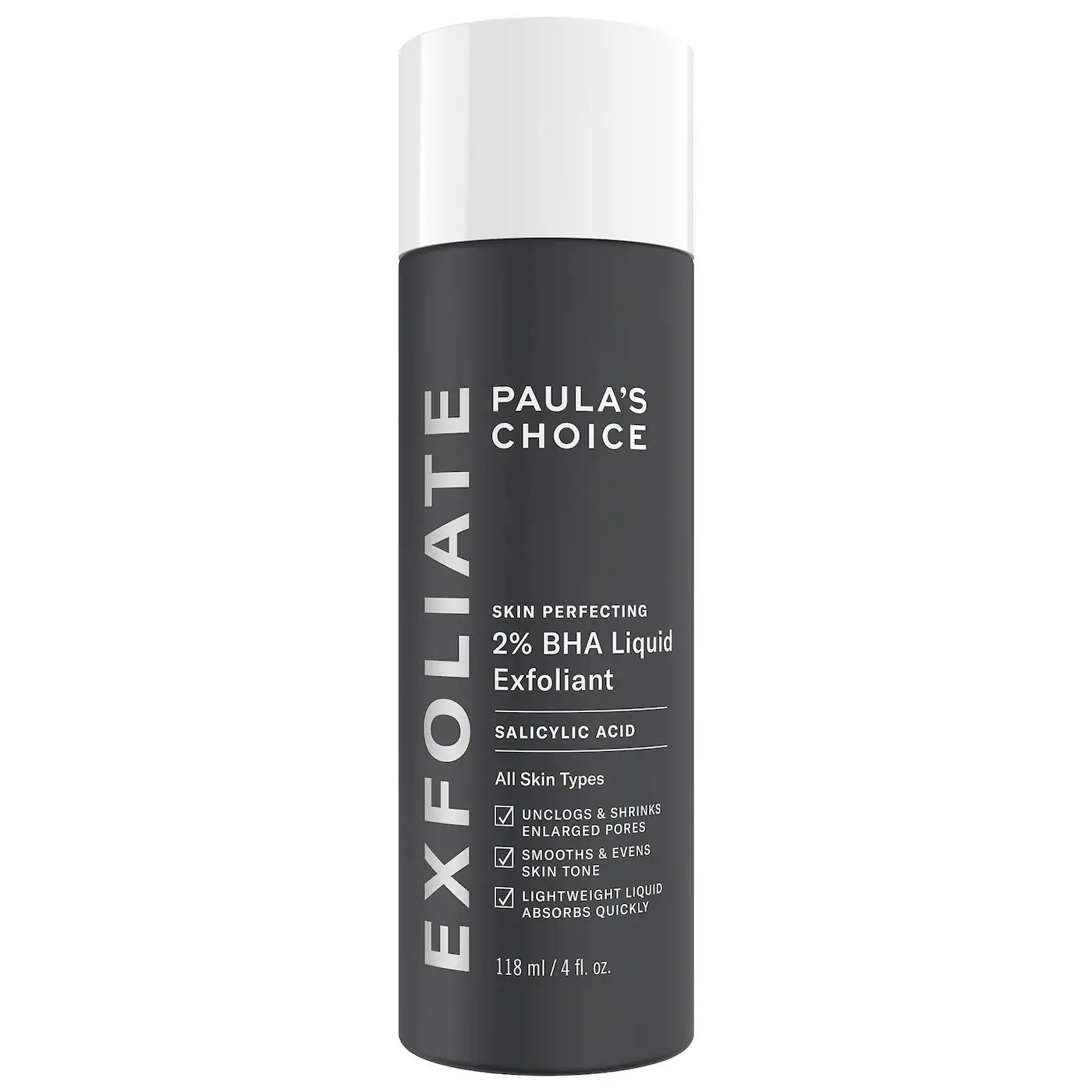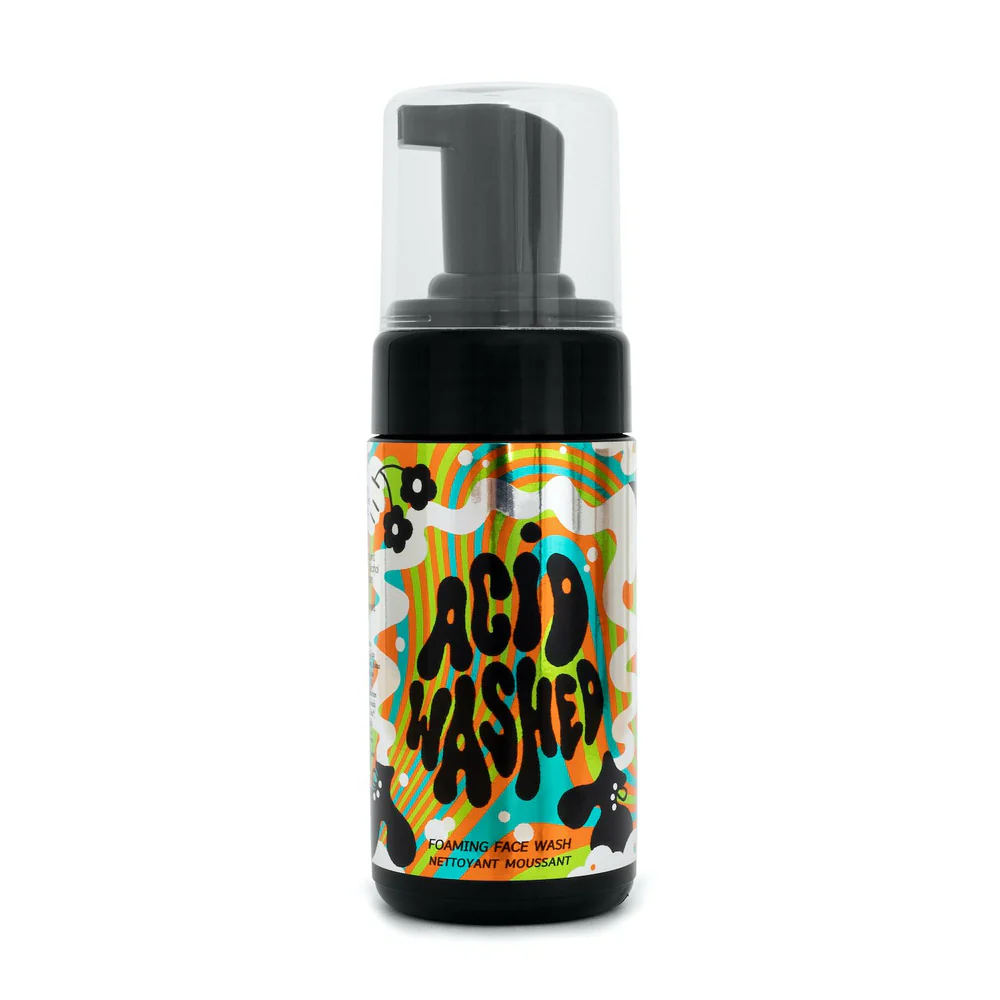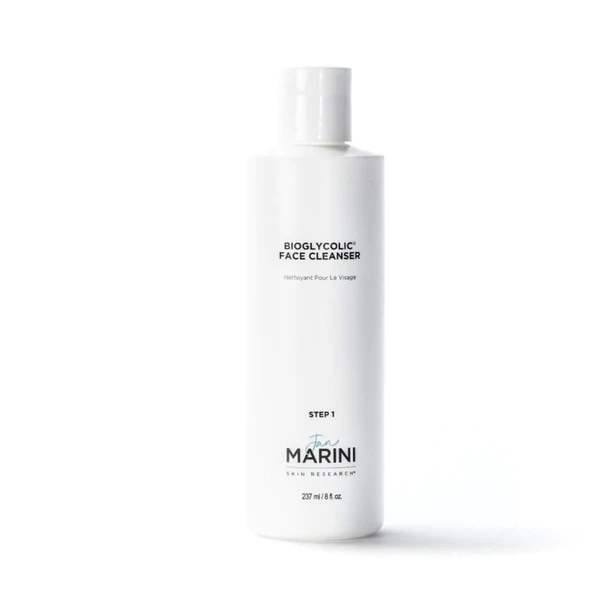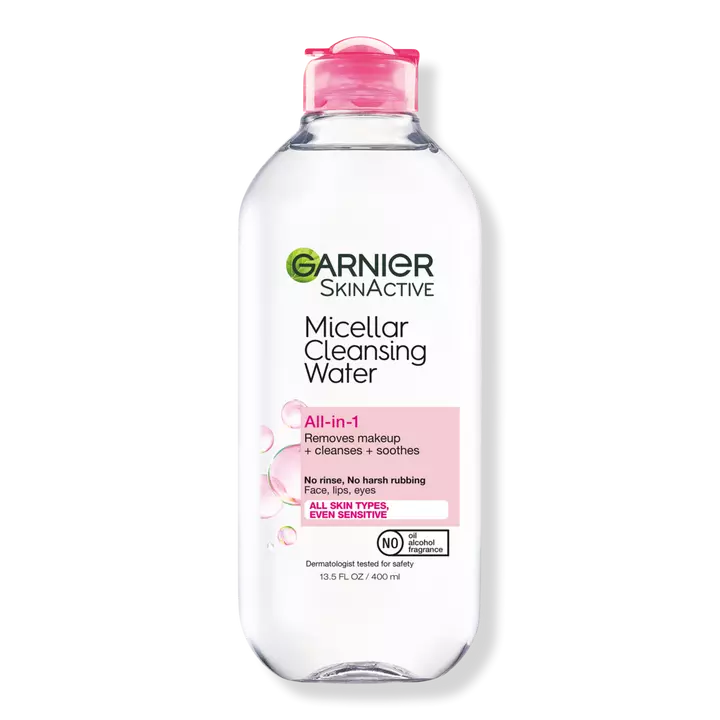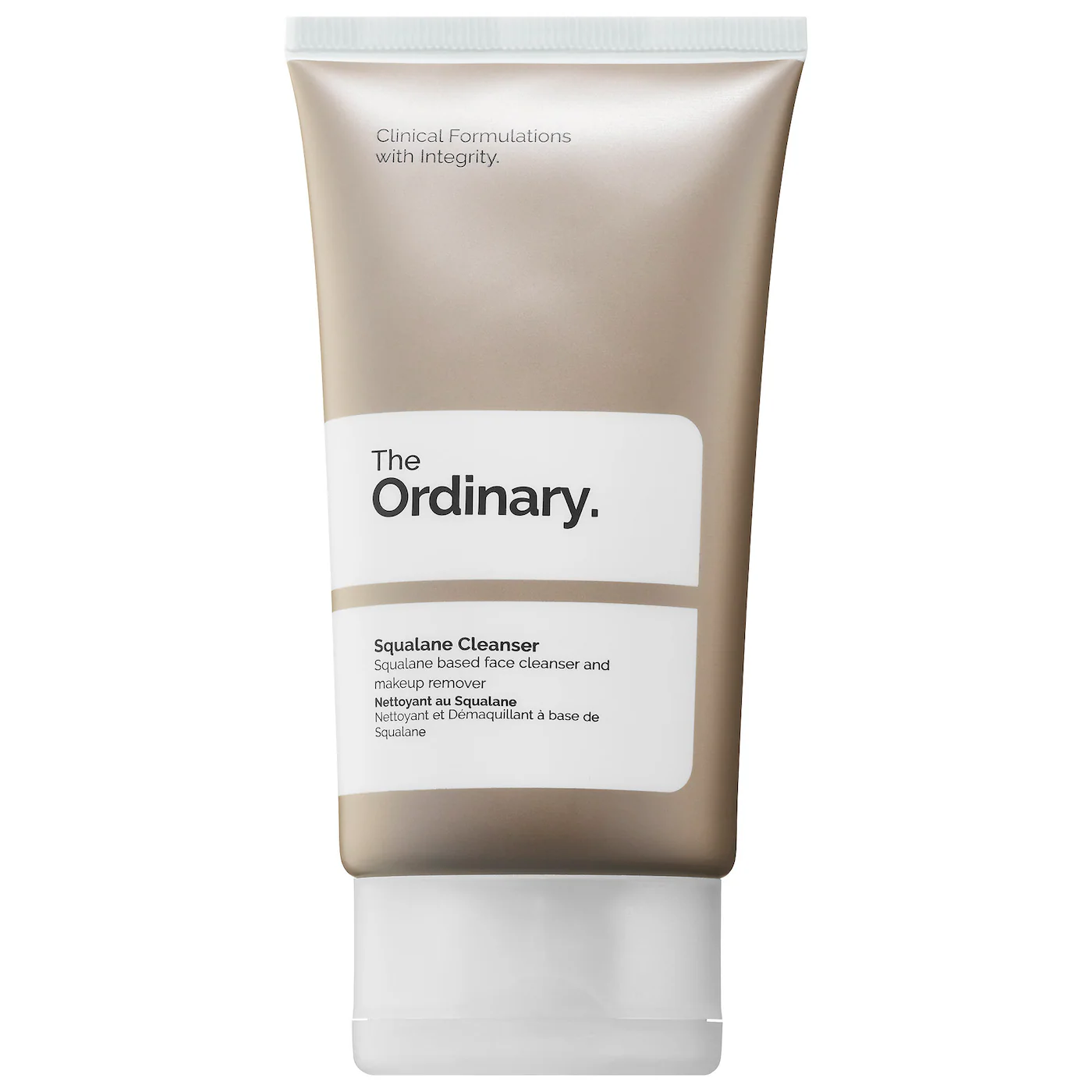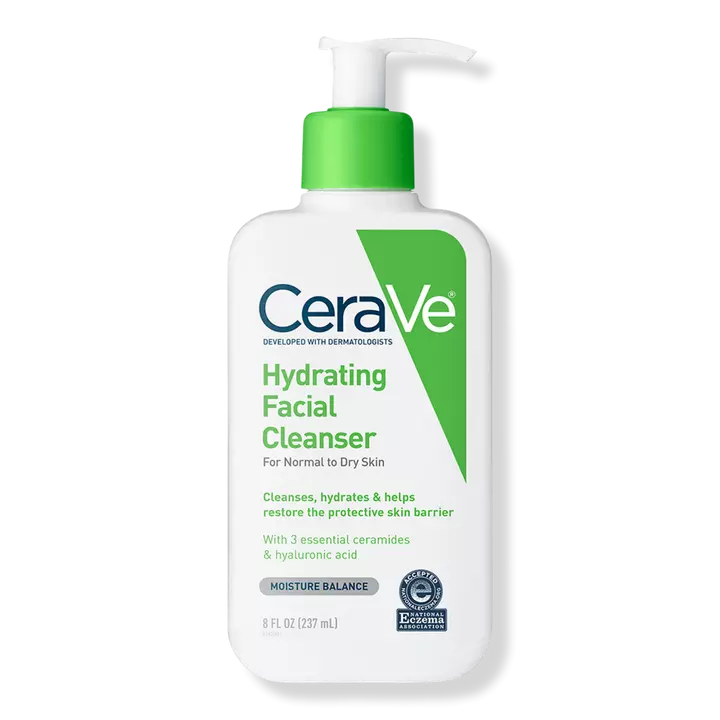Since Following These 6 Simple Rules, My Skin Has Never Been Better
All linked products are independently selected by our editors. If you purchase any of these products, we may earn a commission.
Photo Courtesy of Jacqueline Kilikita.
As a beauty editor, I'm lucky enough to try hundreds of products, so I like to think I've nailed how to sort the good from the not so good. But when it comes to achieving skin I'm personally happy with, it isn't solely about the cleansers, moisturizers and serums that line my beauty shelf.
I have combination skin, which is prone to oiliness (and subsequently the odd acne cluster), as well as drier patches exacerbated by winter weather. Over the years, I've discovered that it's the little tricks I've incorporated into my a.m. to p.m. routine that tend to keep my skin in check — and they're mostly quick, easy and affordable.
AdvertisementADVERTISEMENT
From avoiding cleansing in the shower to getting rid of eye cream, click through to discover six tweaks that helped me uncover my best skin ever.
Ditching Eye Cream
While eye creams are great at smoothing over dry skin and temporarily plumping out fine lines and wrinkles, that's pretty much it. In fact, it's difficult to treat eye "bags" and dark circles with an eye cream. "If dark circles are due to a loss of facial fat underneath the eye, then no amount of topical eye cream will reduce the appearance of the shadow which may develop," consultant dermatologist Dr Anjali Mahto previously told R29. "This is because treatments (such as eye creams, balms or lotions) are unable to penetrate deep enough into the skin," she adds.
That hasn't stopped beauty brands launching countless luxury eye creams and thickly textured eye balms but, personally, all they've ever done is leave me with puffy lids in the morning or clog my pores, leading to milia (tiny white bumps underneath the surface of the skin, which resemble whiteheads).
So I decided to ditch eye cream from my skincare routine to see if it would make a difference, and I was pleasantly surprised. Instead of completely overloading my skin and layering an eye cream under my face cream, I now simply apply my trusty moisturizer all over my lids, paying special attention to my under-eyes. Since doing so, I've had no trouble with puffiness or blocked pores, and the skin around my eyes is still supple and soft. In other words, a good moisturizer is just as effective as eye cream. Look out for ingredients like ceramides (which repair dry, damaged skin) and hyaluronic acid for a hydrating boost. Of course, skincare is all about personal preference. For me, less is more, and that's definitely true for eye cream.
AdvertisementADVERTISEMENT
Cutting Back On Acids
Alpha hydroxy acids (or AHAs) are incredibly popular in skincare right now, especially glycolic acid and lactic acid. They exfoliate the surface of the skin, minimizing hyperpigmentation, unclogging pores and smoothing uneven skin texture, and are loved by dermatologists and skin experts everywhere. But it's so easy to overdo it, leading to red, sore and sensitized skin.
Since laying off AHAs and swapping them for beta hydroxy acids (BHAs, such as salicylic acid, which is a lot more gentle), my skin is a lot less red and reactive. BHAs are also better suited to nixing breakouts, specifically blackheads, as they exfoliate deep inside the pore to dislodge the oil and dirt that form them. I use Paula's Choice 2% BHA Liquid Exfoliant, in the evening followed by moisturizer.
If you don't want to give up AHAs just yet, your best bet is to incorporate them into your routine via a cleanser, rather than a leave-on toner or serum. As you'll be rinsing the product off, it'll be a lot less harsh on skin. Try Neighbourhood Botanicals Acid Washed AHA Foaming Facial Cleanser or Jan Marini Bioglycolic Face Cleanser.
Not Cleansing In The Shower
If, like me, you take scorching hot showers, you probably try and get away with washing your face with the same water without adjusting the temperature. As a lazy girl, I'm entirely guilty of this. But very hot water can disrupt your skin barrier, potentially leading to red, dry and sometimes sore or sensitive skin.
AdvertisementADVERTISEMENT
Up until now, I had experienced all of the above. Experts I've spoken to advise washing your face with slightly warm water, and it's a little easier to control the temperature of a bathroom sink tap. If you find that to be a bit of a faff, just remember to regulate your water in the shower when you go to cleanse your face. Honestly, your skin will thank you for it.
Changing My Pillowcases Frequently
I'd always wondered why more breakouts appeared on one side of my face in particular. Not many skin experts could give me a definitive answer but this makes sense: Pillowcases are a breeding ground for dust, oil and bacteria, so changing yours regularly is especially important if you sleep on your front or side.
While I don't really have a preference for silk (if you're feeling boujee), cotton or any other material, I make sure to throw my pillowcase in the wash at least every two days. This has had a real positive effect on lessening spots.
Washing My Hair Differently
Yes, my hair. Thick hair oils, nourishing masks and conditioners can transform dull, dry hair, but it might be a good idea to keep them away from your face and hairline. "Heavy conditioners can trap bacteria and block pores and this is why they are a culprit for forehead acne," Dr Mahto previously told R29. "Conditioner is designed to hydrate older, more brittle hair and it often contains quite heavy ingredients such as petrolatum, jojoba oil, shea butter or other oil-based products."
AdvertisementADVERTISEMENT
The solution? Concentrate thick hair products to your mid-lengths to ends, and if you're using conditioner in the shower, wash your face last to remove any residue.
Double Cleansing At Night
If you wear makeup and SPF every day, double cleansing in the evening (cleansing your skin twice) should eradicate every last scrap. This can help reduce clogged pores (which eventually lead to spots) and means any skincare you apply on top will do a much better job of absorbing and working.
Some like to use a micellar water followed by a cleanser that should be used on damp skin, but you really don't have to use two separate products if you don't want to. I like The Ordinary Squalane Cleanser or the CeraVe Hydrating Facial Cleanser, both of which cleanse skin gently.
This story was originally published in January 2021 and has since been updated.
AdvertisementADVERTISEMENT







